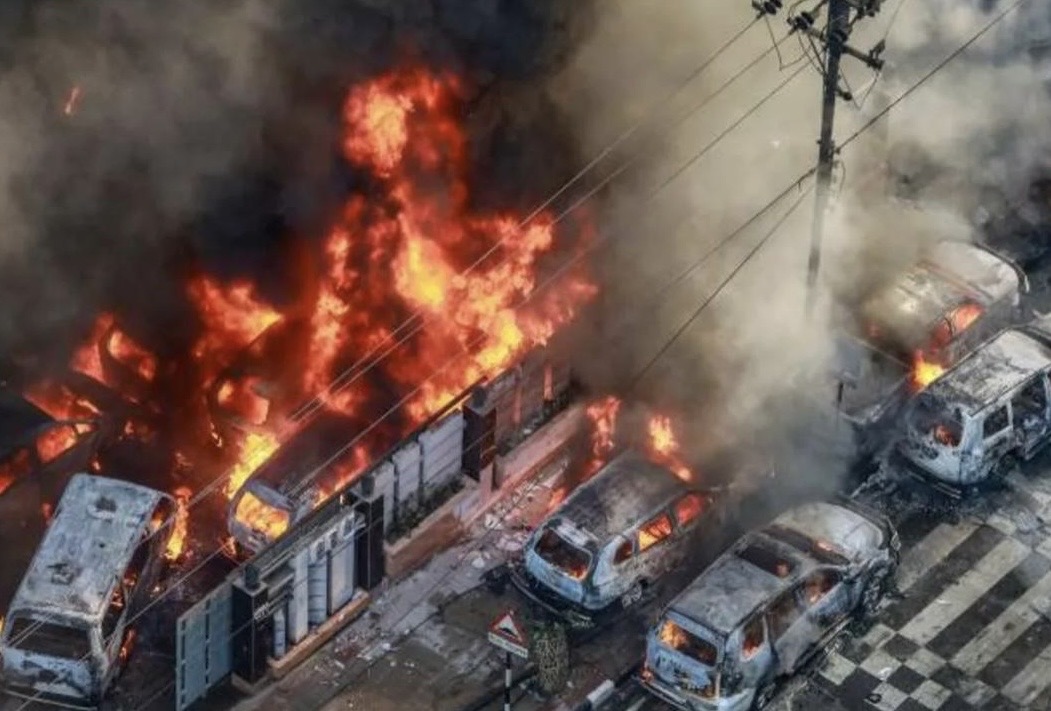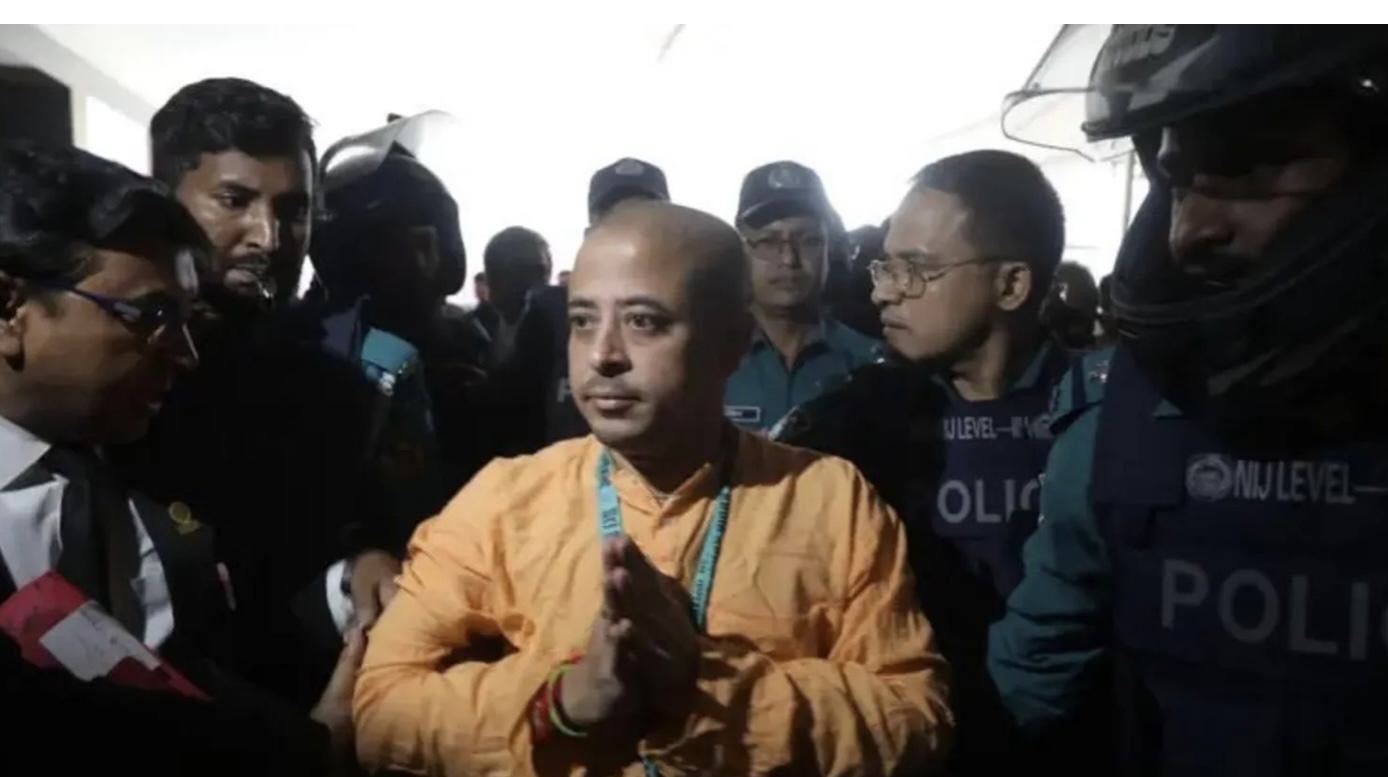There are several reasons to believe that Bangladesh’s interim government is facing huge challenges in creating inclusive and credible administration. Hasina’s ouster has left both political and security vacuum, giving more space to religious radicals. Its largest Islamist party, Jamaat-e-Islami, was banned by the ousted government of Hasina just days before the former prime minister fled the country. But the Bangladesh’s interim government led by Muhammad Yunus reversed the ban. According to Munshi Faizan Ahmed, former chairman Bangladesh institute of International and Strategic studies that the previous AL Government had legitimate grounds to restrict the political activities of JI. Gradually, JI is expanding its influence from urban centers to rural areas and among the conservative section of the population. This might have a disastrous sequel sooner or little later as it raises political intolerance, religious fundamentalism and xenophobia. Episodes of mob violence and vandalism on the religious minorities are taking place, particularly on the Hindus after the arrest of the Hindu monk and the death of a Muslim lawyer during a protest by the monk’s supporters. Often, the exaggerated information’s provided by the Indian media are muddying the real situation, intensely obfuscating the reality so that the entire world can’t discern the fact from fiction. Despite the fabrication of reality of some media houses and publications, the real fact is that the violence prevails on the minorities which is accepted by the top government sources also. The Yunus regime can’t dismiss this as simple sporadic attacks. Failure to address the escalating violations of the rights of the religious minorities is creating a crucial disgruntlement on the interim government. If they can’t the region’s cleavages, the new incumbency will oversee fiasco, proving again the fact that the peoples movements can’t achieve their ambitions. Historically, these kinds of transactions can collapse in two ways. Elite power struggle, autocratic seizure of power by civilian leaders, and inter party deadlock, can stall the creation of democratic post- revolutionary government. Alternatively, bottom- up discontent, ranging from mass protests to political and religious vengeance, can undermine post-revolutionary government’s’ ability to construct a functional democracy by causing a crisis of legitimacy. In the face of these dangers, Bangladesh’s current configuration of political forces of the interim government, till now, is not much successful to deal with the relationship between radical Islamic idiosyncrasies and Bangladesh nationalism. The Bangladesh revolution will remain unfinished in future if the new government doesn’t perform an invaluable and reinvigorating role in establishing a religious harmony and peace, leaving a permanent scar on the history of peoples’ revolution for a long time.


